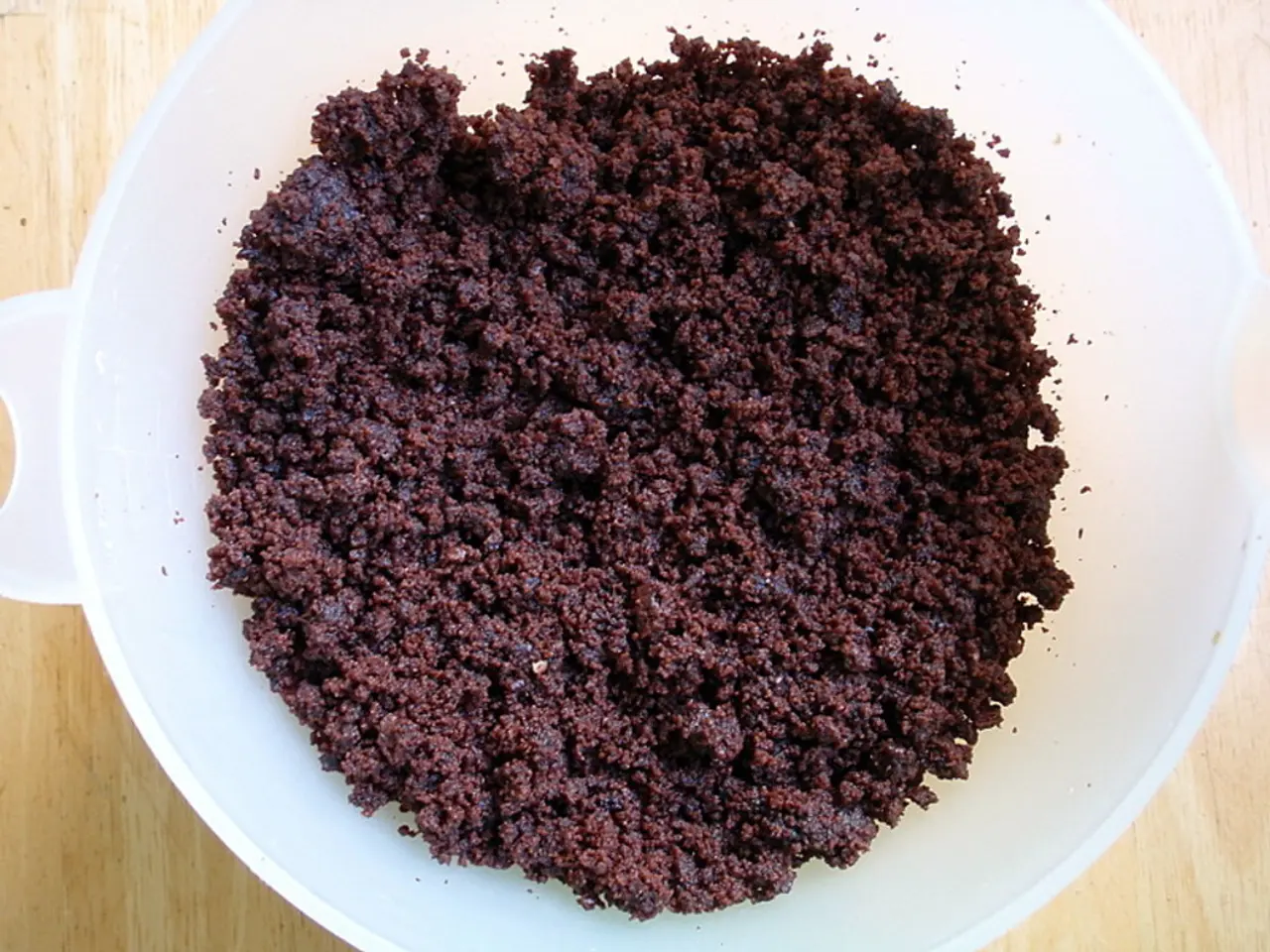Crohn's Disease in the Anus: Signs and Remedies
Perianal Crohn's Disease (PCD), a common complication of Crohn's Disease (CD), affects around 25% of people with CD. This condition is characterised by inflammation in the perianal area, leading to symptoms such as perianal pain, discomfort, and the development of fistulas and abscesses.
A nutritious diet is essential for individuals with PCD due to the risk of nutrient deficiency caused by inflammation affecting nutrient absorption. A diet for PCD should include protein, healthy fats, calcium, vitamin D, magnesium, vitamin K, vitamin C, vitamin B12, folic acid, iron, and zinc. Keeping a food diary to track which foods trigger symptoms can be helpful.
PCD symptoms can include pain, itching, bleeding, discharge of pus, and bowel incontinence. Treatment approaches for PCD focus on medical therapy, surgical interventions, and lifestyle changes. Medical therapy may involve the use of biologics such as infliximab, antibiotics, and immunomodulators. Surgical interventions include drainage of abscesses and seton placement to manage fistulas.
In severe cases, colostomy or ileostomy may be necessary. These procedures divert a portion of the bowel to an opening in the abdomen, called a stoma, and a doctor attaches a pouch to collect bodily waste.
Complications of PCD can include infections like cellulitis and recurrent abscesses, and a severe complication is bacterial sepsis, which requires immediate medical attention. Certain foods may trigger symptom flare-ups in PCD, including high fiber foods, foods high in fat, dairy, and carbonated beverages.
Treatment for PCD can help prevent and manage complications, and dietary and lifestyle changes may also help manage the condition. Following a doctor's advice, attending regular checkups, and taking medication as prescribed are important. A doctor may use a seton, a thin rubber drain, to keep the fistula open and prevent further abscesses from forming. Antibiotics, such as metronidazole and ciprofloxacin, may help prevent infections in PCD and are used in treatment.
The Crohn's & Colitis Foundation (CCF) offers tips for managing a Crohn's flare-up, such as tracking symptoms, exercising regularly, avoiding smoking, managing stress, and using a moist towel instead of toilet tissue. Draining abscesses is an important first step in treating PCD to prevent infections.
In summary, managing Perianal Crohn's Disease requires a combination of medical and surgical treatment tailored to disease severity and patient response. Regular checkups, following a healthy diet, and adhering to a treatment plan are key to managing this condition.
- For individuals with Perianal Crohn's Disease, maintaining a nutritious diet that includes protein, healthy fats, calcium, vitamins D, K, C, B12, folic acid, iron, and zinc, among others, is essential due to the risk of nutrient deficiency caused by inflammation.
- Keeping a food diary to track which foods trigger symptoms can be helpful for individuals with Perianal Crohn's Disease.
- Perianal Crohn's Disease symptoms can include pain, itching, bleeding, discharge of pus, and bowel incontinence, among others.
- In severe cases of Perianal Crohn's Disease, colostomy or ileostomy may be necessary, which involve diverting a portion of the bowel to an opening in the abdomen, called a stoma, and a doctor attaches a pouch to collect bodily waste.
- Complications of Perianal Crohn's Disease can include infections like cellulitis and recurrent abscesses, and a severe complication is bacterial sepsis, which requires immediate medical attention.
- Certain foods may trigger symptom flare-ups in Perianal Crohn's Disease, including high fiber foods, foods high in fat, dairy, and carbonated beverages.
- The Crohn's & Colitis Foundation offers tips for managing a Crohn's flare-up, such as tracking symptoms, exercising regularly, avoiding smoking, managing stress, and using a moist towel instead of toilet tissue.
- In summary, managing Perianal Crohn's Disease requires a combination of medical and surgical treatment, regular checkups, following a healthy diet, and adhering to a treatment plan, including the use of therapies like biologics, antibiotics, and immunomodulators, as well as lifestyle changes.




